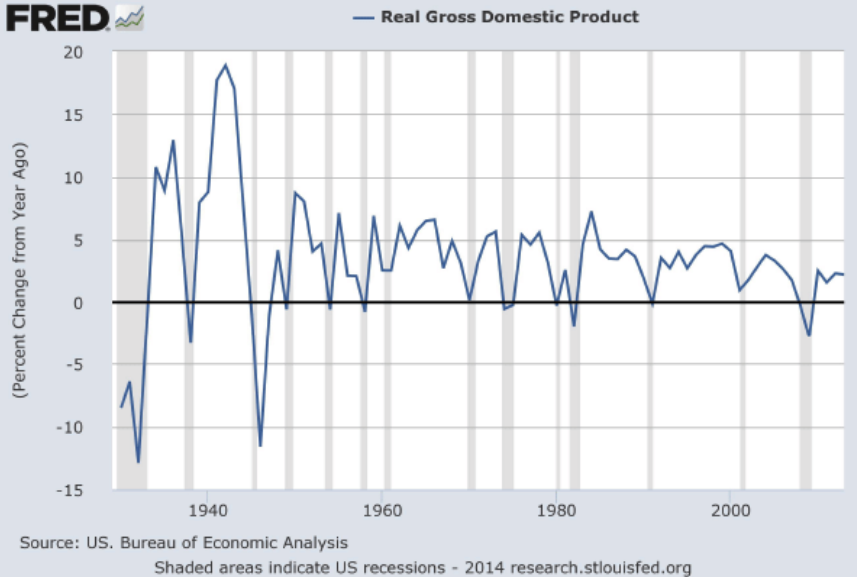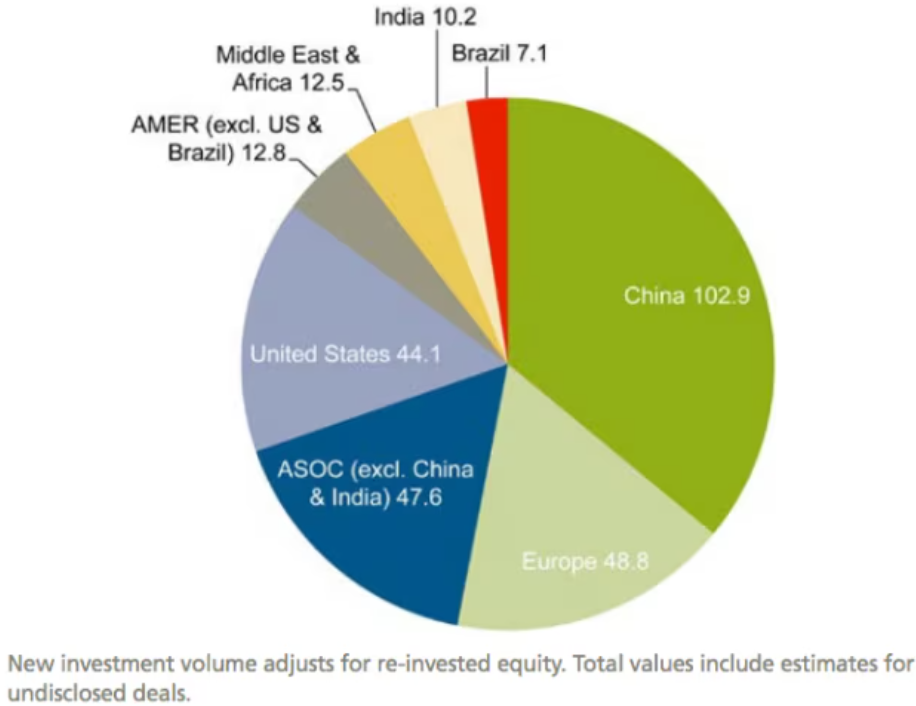Colin Read • April 25, 2024
Slower than Molasses - April 28, 2024

North Americans are wed to our cars. We don’t seem to intend to divorce anytime soon.
An automobile is one of the most inefficient ways to get around. A couple on a long car trip can expect to use about 2.5 gallons of fuel for every 100 miles, even with a more fuel efficient vehicle. That works out to about 80 miles per gallon per seat for a couple. Meanwhile, a new Airbus A320 gets over 120 mpg per seat. Even high speed jets that travel almost ten times faster than a car averaging 55 miles per hour.
In the whole scheme of things, though, jets are not very efficient. A modern high speed train like France’s TGV that is capable of running at 200 miles per hour has a vuel economy of 630 miles per gallon for a passenger seat. That’s more than five times the efficiency of an Airbus and almost ten times the efficiency of a car with two people in it.
Of course, a bicycle is much more efficient than that! Someone riding a bicycle at about 10 miles per hour uses up about 50 calories (actually kcals in physics), which works out to the energy content of about 1/600th of a gallon of gasoline, and about 1/1500th of a gallon if burned in a car engine.
It would be a long trip by bicycle from Los Angeles to New Orleans, though. At 1,666 miles, it would take 166 hours of pedaling to do the trip, and about 25 hours by car. A train trip is intriguing, and perhaps more relaxing.
But, taking the train from LA to New Orleans takes twice as long as driving. At more than two days, and an average speed barely above 30mph, American trains are not time efficient nor particularly energy efficient. Long haul trains in the U.S. run on diesel motors and often don’t run at capacity.
Meanwhile, one could fly from LA to NO in a tenth the time and half the price of the $300 one way train fare.
This is a problem for our nation. We know train travel works. We need only compare the routes in Europe. At only about 40% the size of the U.S., Europe nonetheless has hundreds of major passenger train routes compared to a handful in the U.S. and one major route in Canada, a country even larger than the U.S.
That same route from LA to New Orleans with good track would take less than nine hours in a nonstop French TGV train with five times the efficiency of the best commercial jets and ten times the efficiency if a couple drove the same route at a third the speed and three times the duration.
U.S. passenger cars and light trucks constitute 15% of domestic energy usage. Large scale use of trains would slash that energy consumption by more than 90% and would save Americans money, fuel, and greenhouse gas emissions as well.
But, the pace of change of our consumption habits seems measured in many generations rather than years. Europe had a great concern about cost and congestion more than a century ago and built rail and light rail connections that are fast, convenient, and cheap. Their path seems to have paid off, in reduced pollution and pocketbook expenses.
We in the U.S. took a different path and now have trouble turning back. Some have estimated the cost of building a high speed train network between all the country’s major cities at around a trillion dollars. Add trillions more for efficient local transportation and these numbers add up.
Americans drive about 3 trillion miles per year at an average cost of around seventy cents per mile for vehicles and fuel. That totals a couple of trillion dollars of expenditures per year. A couple of years of that kind of expenditure would pay to build a European quality rapid and mass transit system that would last for decades and would slash U.S. energy usage, pollution, and greenhouse gas emissions.
Those of us who live in rural areas may not be so well served by such an investment, but our nation is now about 80% urbanized. We all have a stake though because the substantial demand for petroleum products to fuel passenger transportation keeps the price and necessity high for a hydrocarbon-based economy. The transportation industry also represents about 30% of domestic pollution and greenhouse gas emissions. Pollution taxes the health of Americans to the tune of about $1 trillion per year.
When we add up the healthcare costs and transportation costs of our hydrocarbon-based economy, we see that these trillions of dollars per year could be much more wisely invested in rapid mass transit, conversion of home heating to heat pumps and geothermal sources, expansion of sustainable energy, and conversion of industry from unsustainable hydrocarbons to electricity and sustainable synthetic hydrocarbons produced by plucking carbon dioxide out of the air and converting it into liquid and gaseous fuel.
Our transportation network is slow and inefficient. But so is our ability to adapt. We know how to do all these things from an engineering perspective. The distance we must span is not in the length of our vision for the future or any sort of gulf in available investment funds or good science. It is merely the six inches between our ears.
I realize the blog today is filled with facts and figures. That is a problem when politicians have fed us on five second sound bites for too long. The problem with economics is that concepts are complex. Either we take the time to truly understand the world around us or we rely on politicians to represent us well. That proves to be a problem when we seek generational solutions from politicians with two year reelection cycles. Politicians have synchronized our thinking to their short planning horizons. By invoking fear and division, we are becoming programmed to fearfully cling to the status quo. In such an environment, we do not dream of a better future and make sacrifices today to invest in tomorrow. We instead hold on to the past and view each opportunity as a threat. Fortunately for the planet, others elsewhere are driving hard toward a better future.









